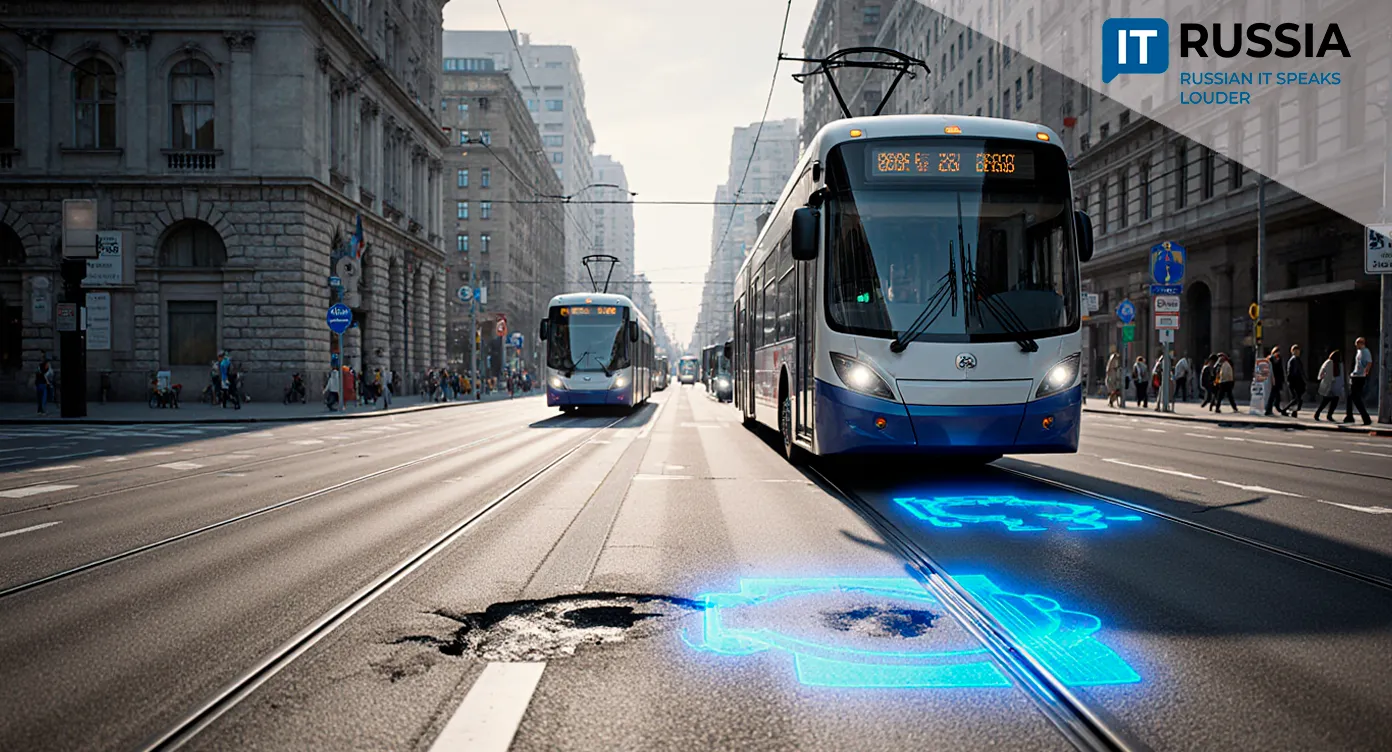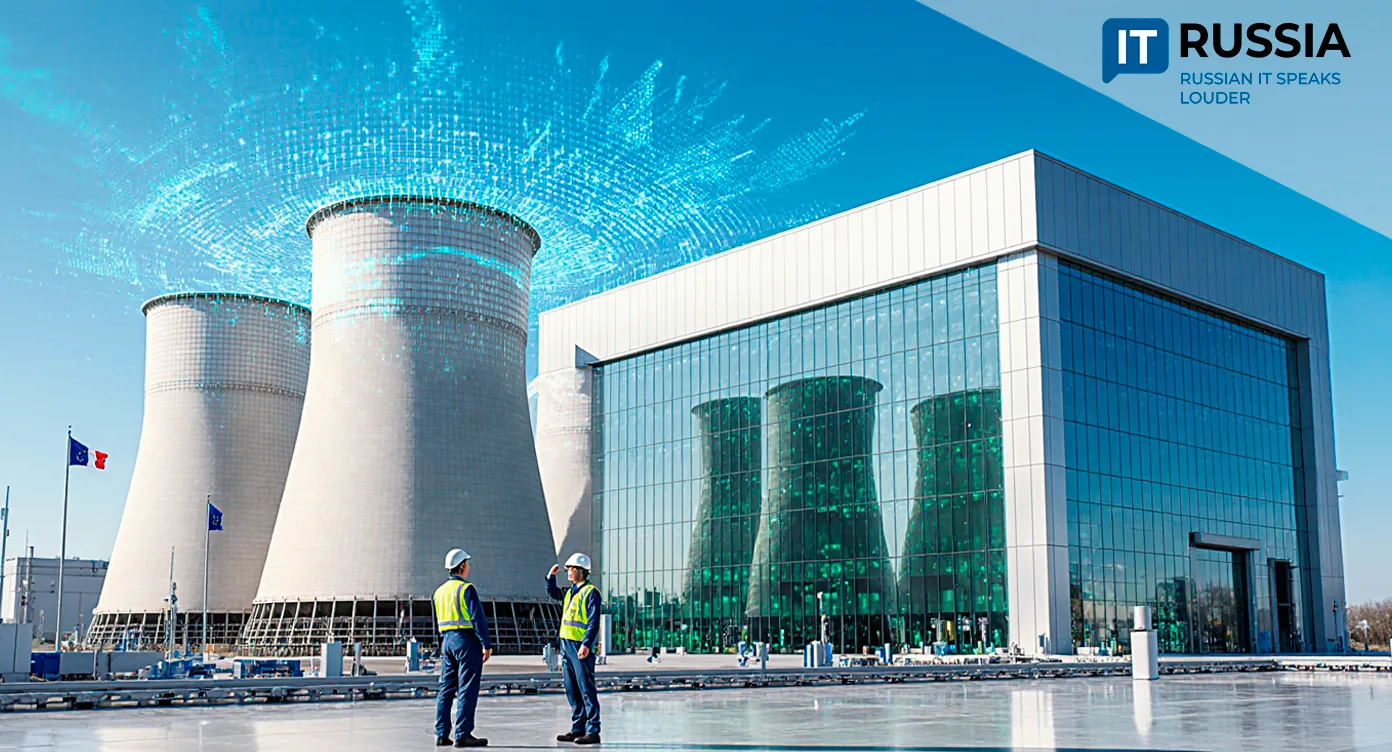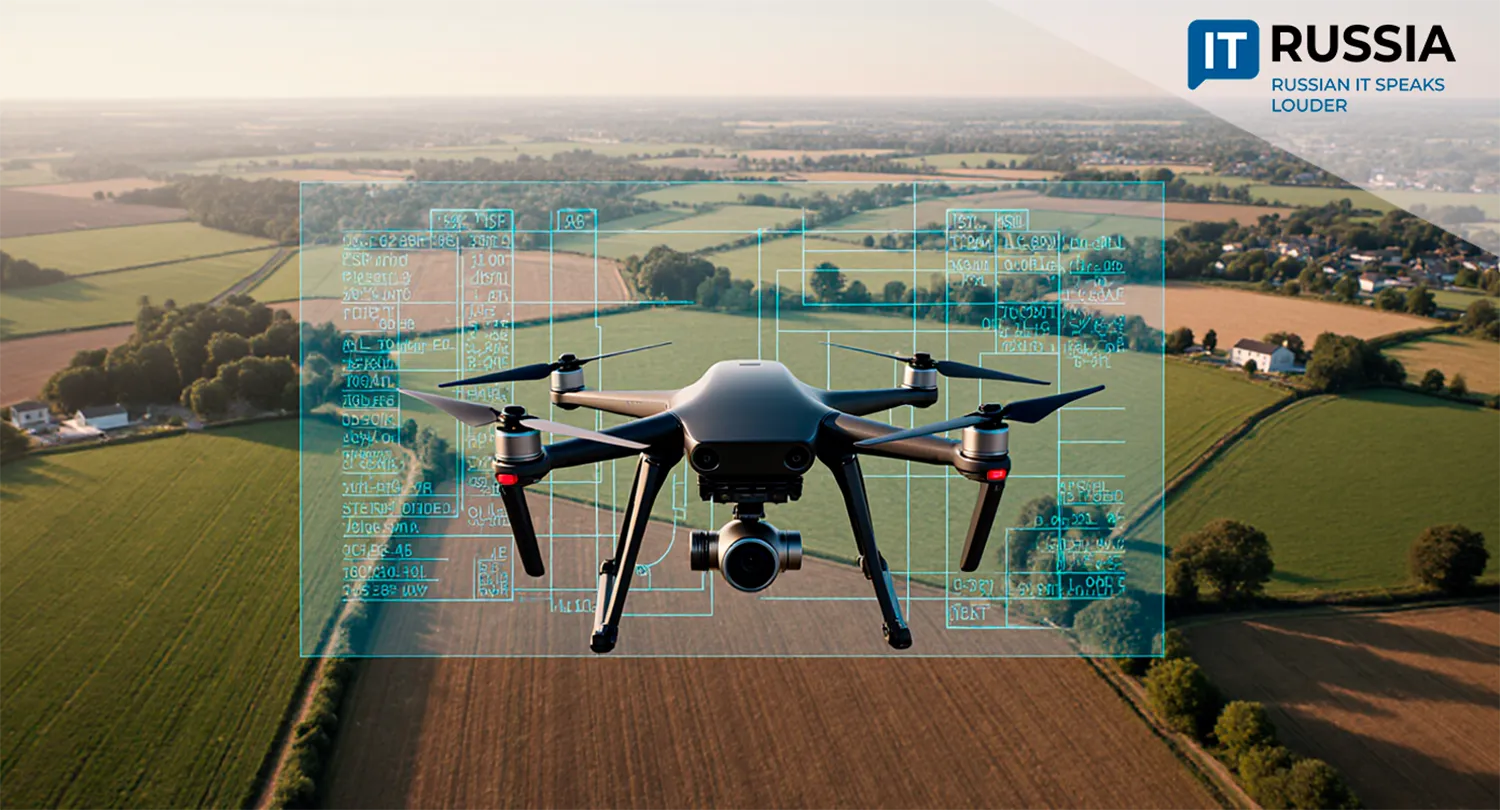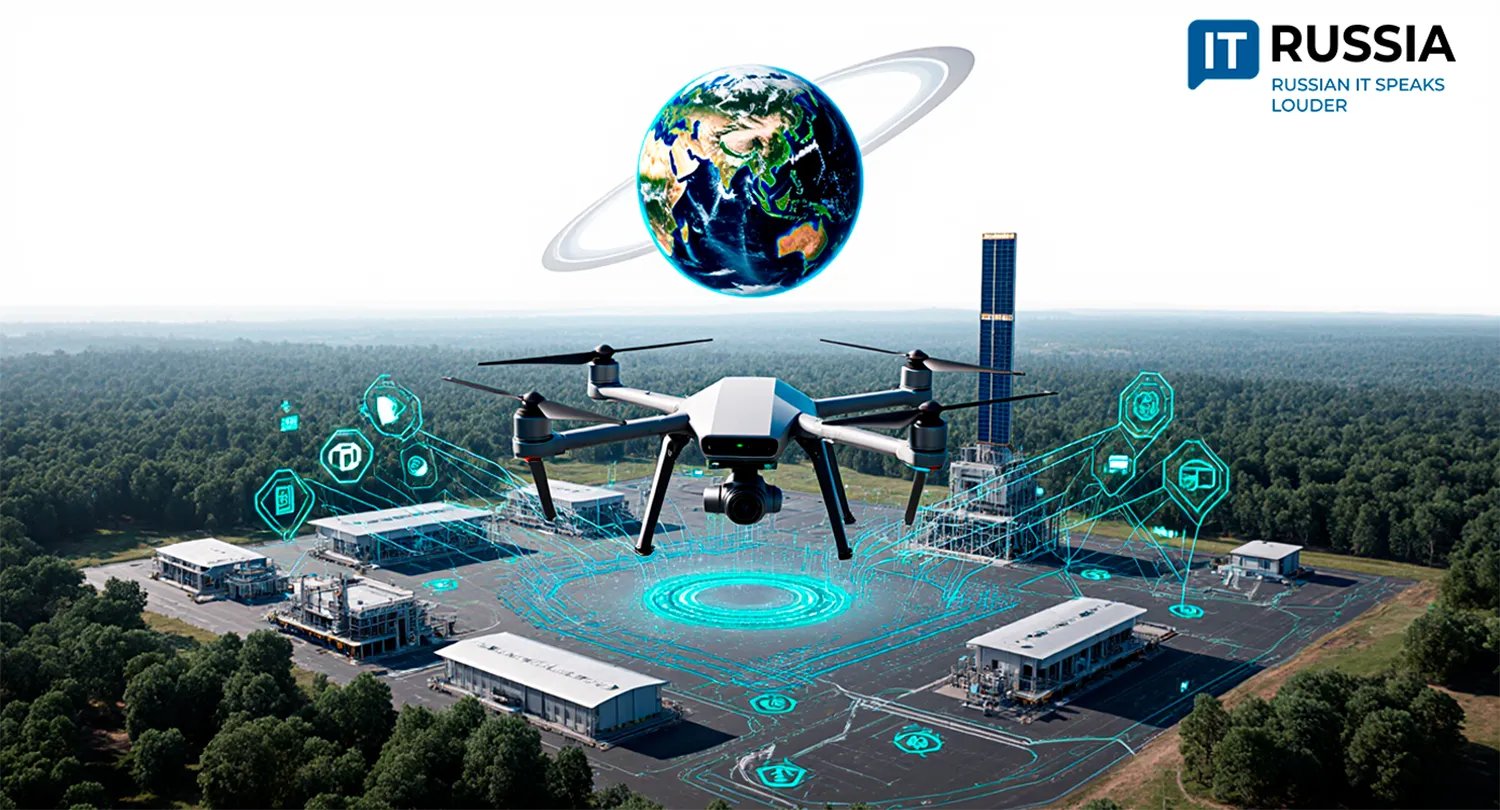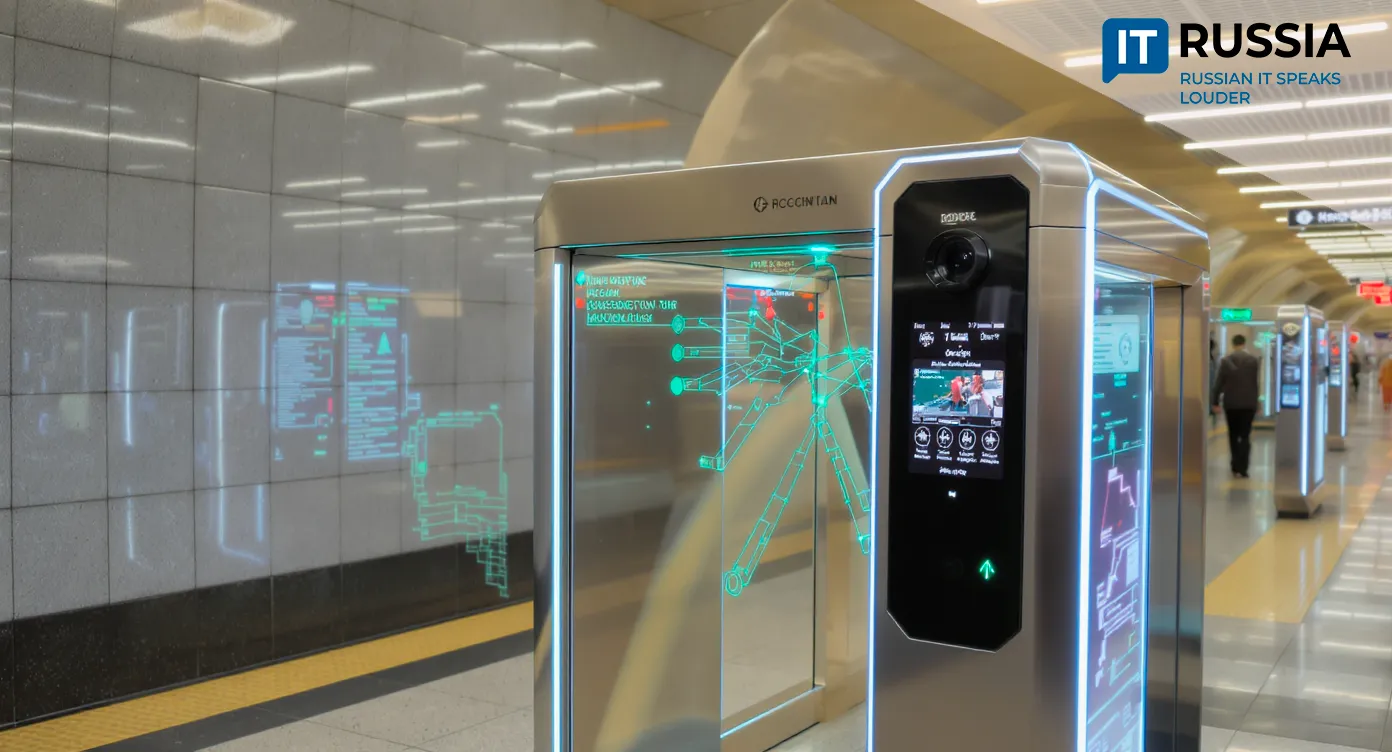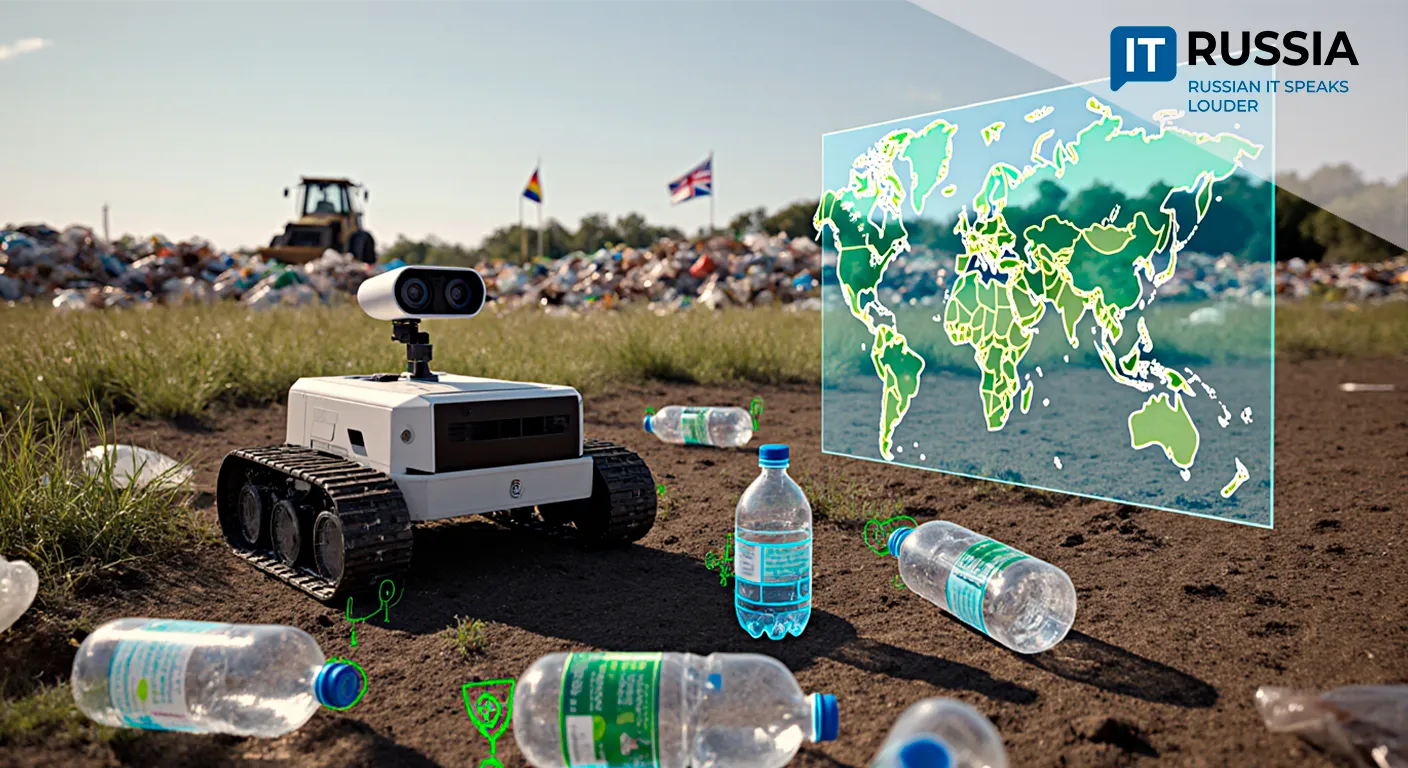Smart Home with a Personality: How a Russian Innovation Adapts the Environment to a Person’s Temperament
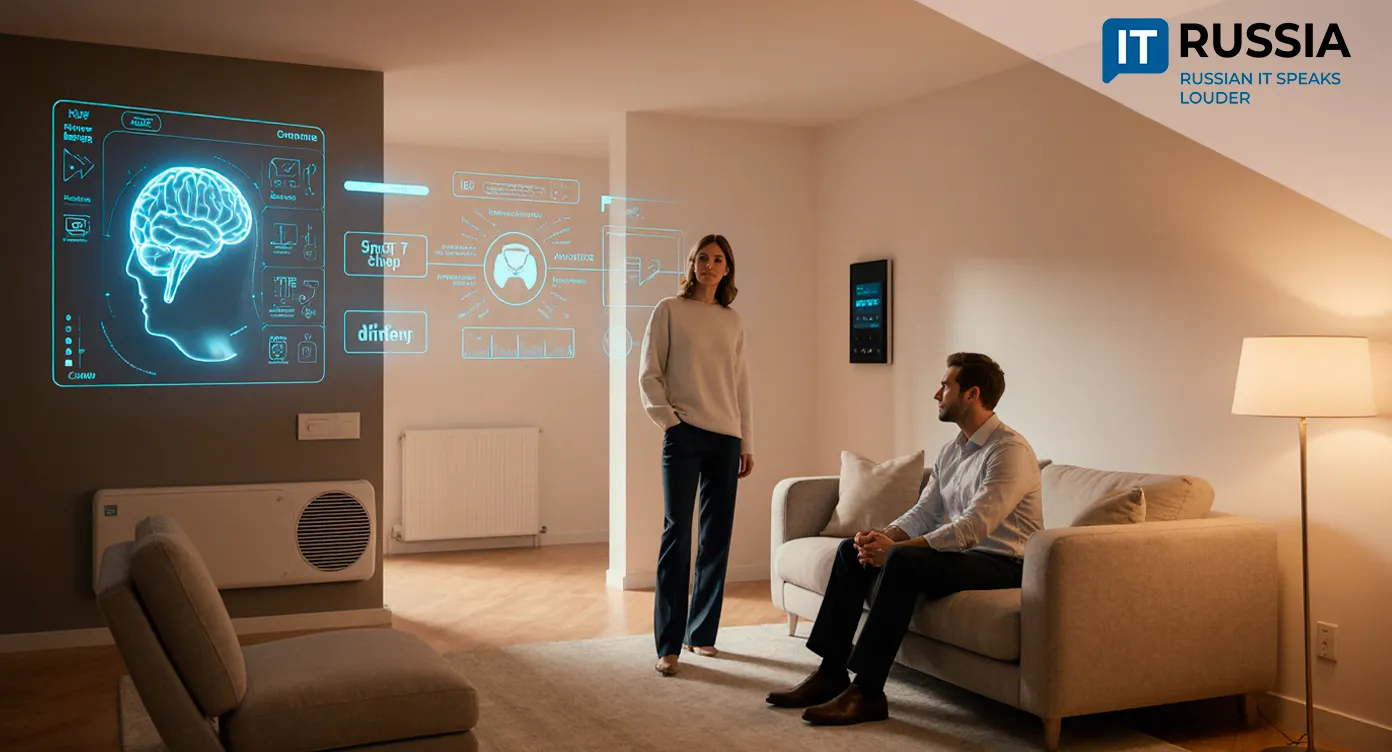
The Russian company “Atmosfera Produktivnosti” has launched an app that uses a psychological questionnaire to determine a user’s temperament type—sanguine, choleric, phlegmatic, or melancholic—and automatically adjusts smart home parameters: lighting, humidity, temperature, noise levels, and aromatherapy. The system also factors in age and level of emotional burnout.
Technological Foundation
The solution combines psychometrics, IoT, and artificial intelligence. The app’s questionnaire analyzes the user’s psychotype and current state. Integration with the smart home is achieved via Wi-Fi/Zigbee protocols: data is sent to lighting, climate, and audio controllers.
The smart home then implements different scenarios for each temperament. For cholerics aiming to focus: bright light (6500K), 20–22°C, 50% humidity; for sanguines: warm diffused light (2700K), up to 24°C, lavender scents for relaxation; for phlegmatics and melancholics: pastel lighting, quiet music, and minimal visual distractions.
Dynamic adaptation is provided: in case of fatigue or stress, the system adjusts parameters in real time. Accuracy in assessing the user’s state has reached 87%, based on matches between objective biometric data and subjective perceptions.Tests with 2,000 users confirmed a 20% increase in productivity, a 25% decrease in stress levels, improved sleep for 60% of participants, and higher job satisfaction for 55% of respondents.
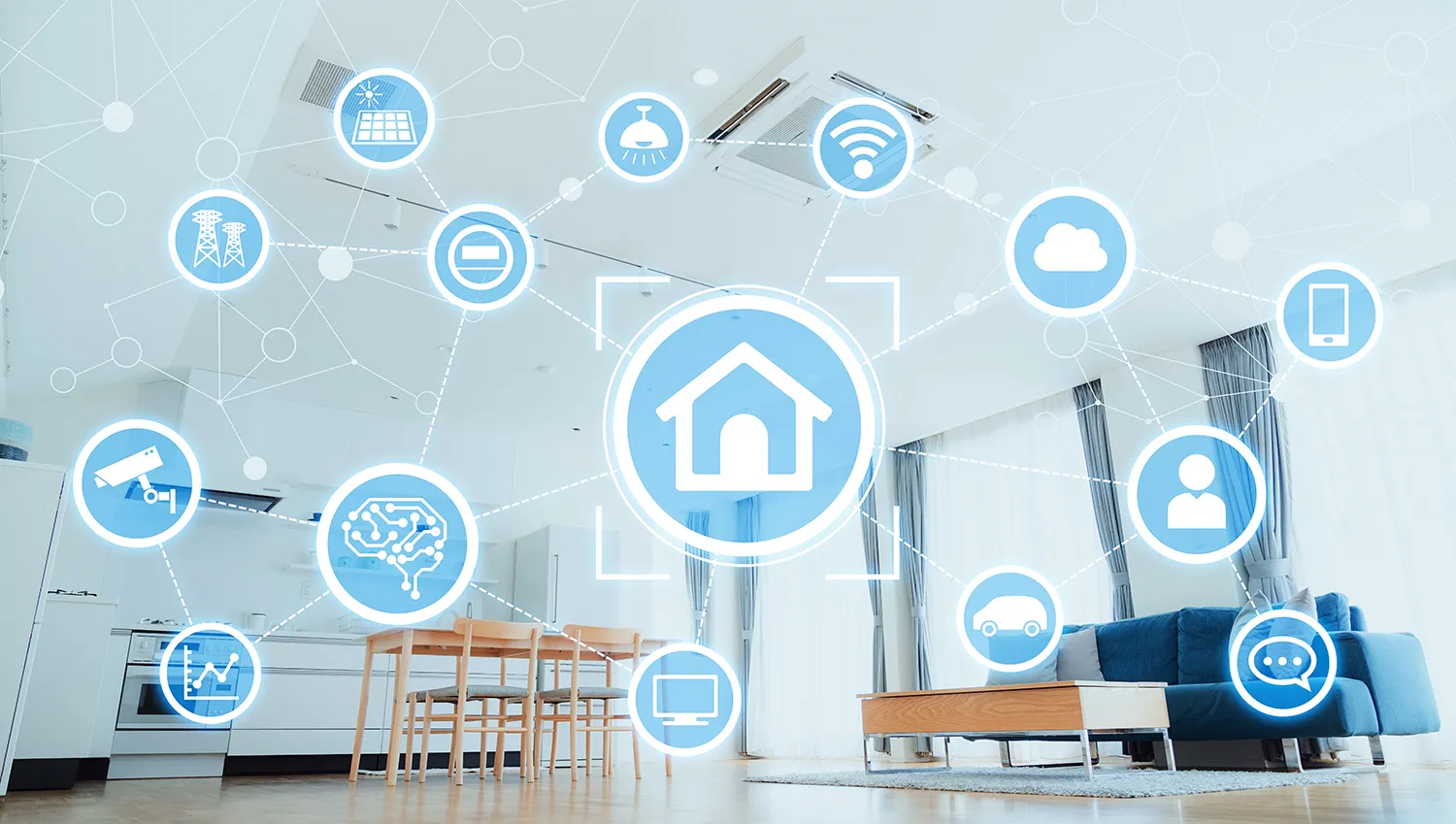
Five Years of Smart Space Evolution
Over the past five years, intelligent systems have evolved from basic automation to complex ecosystems that actively enhance human productivity by monitoring and responding to psychophysiological states. Such developments are being deployed in the U.S., Europe, and Russia.
Solutions like Ketra Natural Lighting use biometric data to automatically adjust light color temperature according to circadian rhythms, reducing mental fatigue by 18–23%. Amazon’s Alexa voice assistant analyzes a user’s tone of voice and activates anti-stress protocols.
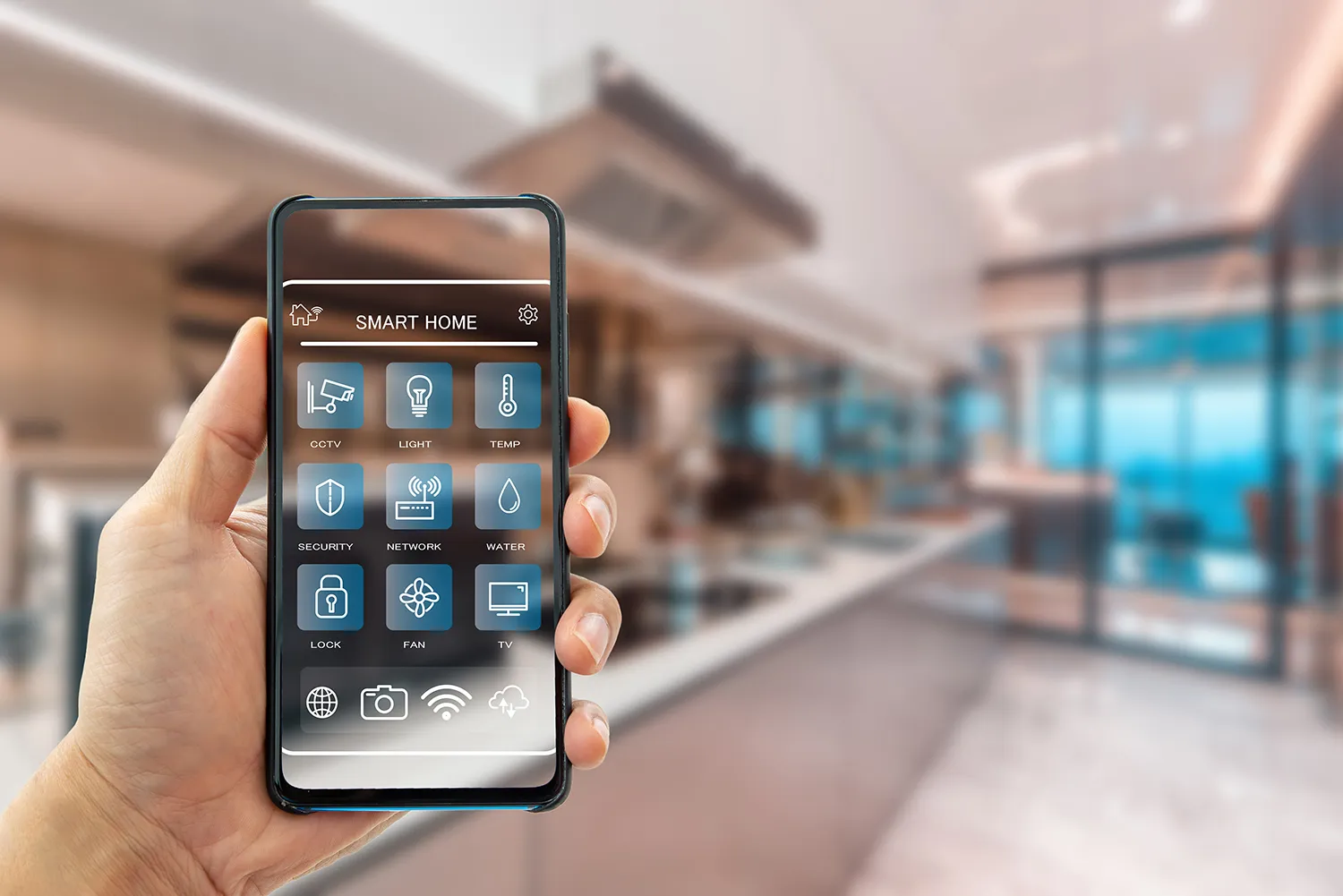
In the U.S., smart homes are adopting Human Activity Recognition (HAR) systems to provide automated assistance to residents or monitor daily activities for health and wellness assessments, as well as to track long-term behavioral changes.
The “Atmosfera Produktivnosti” system is the first potentially mass-market solution in which temperament forms the basis for adjusting all environmental parameters. The Russian platform integrates lighting, sound, humidity, and scents into a single psycho-adaptive system.
Prospects: From Homes to Hospitals and Offices
If adopted by major companies such as Yandex, Sberbank, or Rostelecom, the app could be integrated into their own smart home ecosystems. Pilot projects could also be implemented at the corporate level, for example, in offices and call centers to combat employee burnout. In healthcare, such an app could customize environments for patients with anxiety.
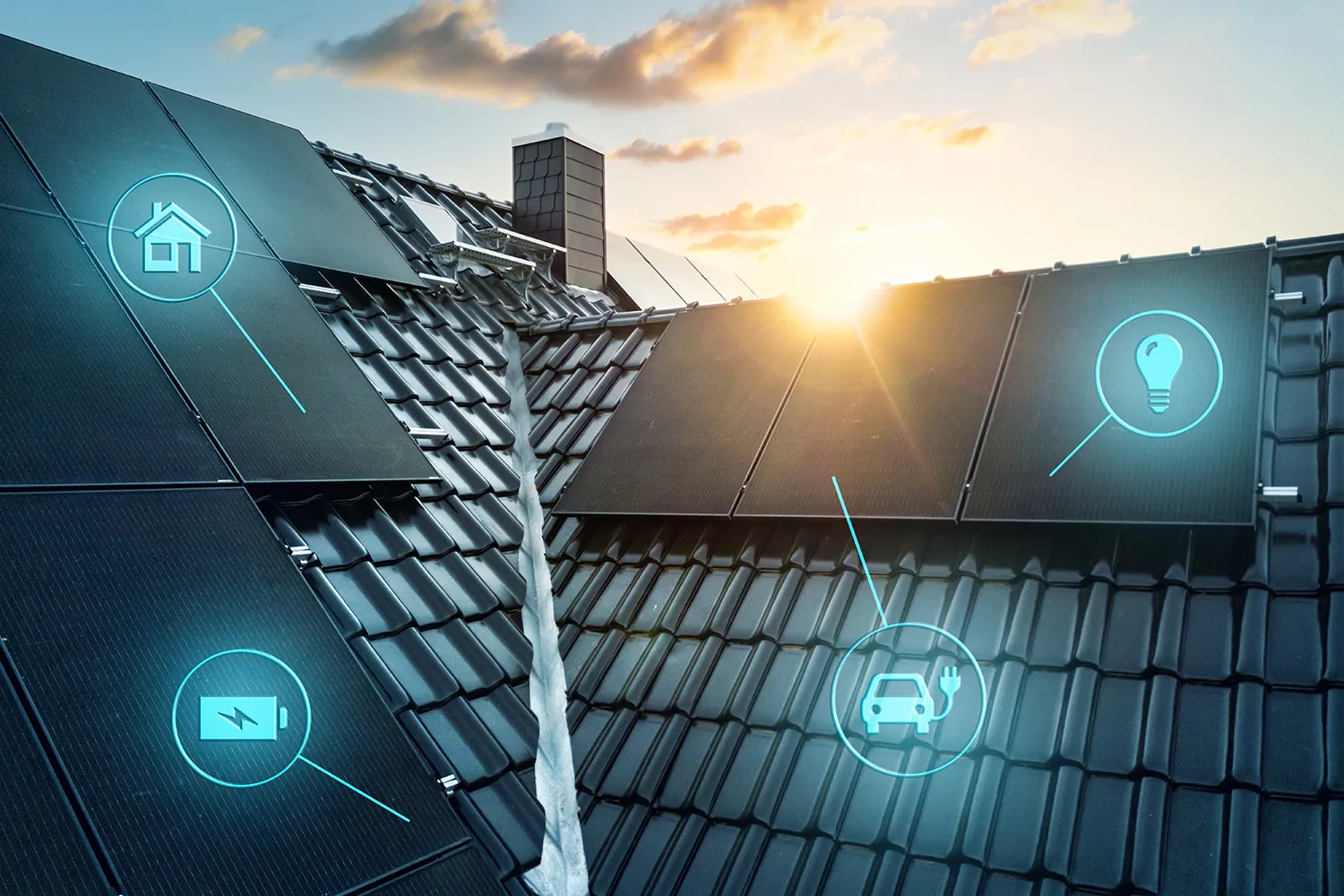
Developers will need to address risks associated with processing personal data. Storing psychological profiles requires protection in compliance with GDPR and Russia’s Federal Law 152.
Smart Homes as a Stress Remedy
“Atmosfera Produktivnosti” has proven that a smart home can be not just “programmable” but psychologically adaptive. Reducing stress and boosting productivity through environmental adjustments is a trend set to transform housing and utilities, office design, and digital healthcare. In the future, such systems will become standard for new business centers and smart housing in Russia—and a benchmark and competitor for similar solutions abroad.







